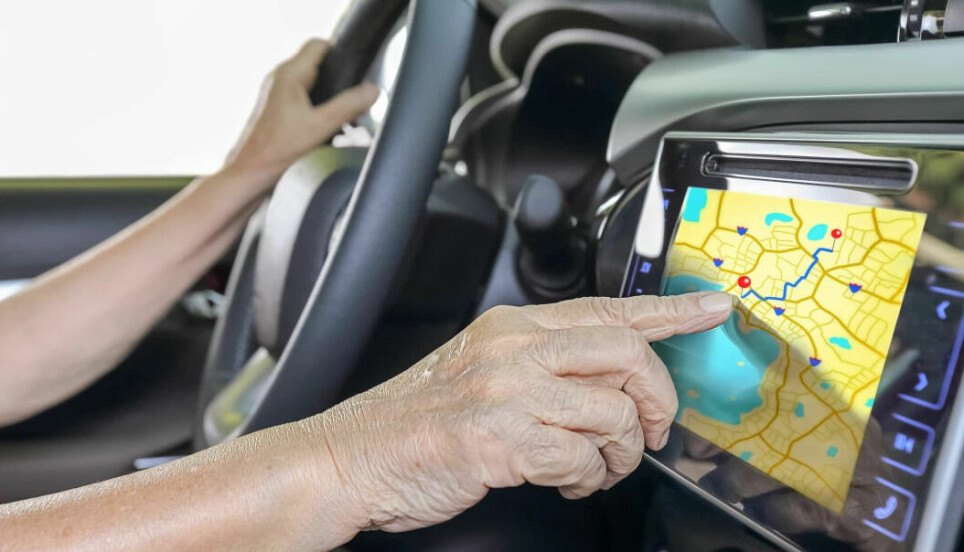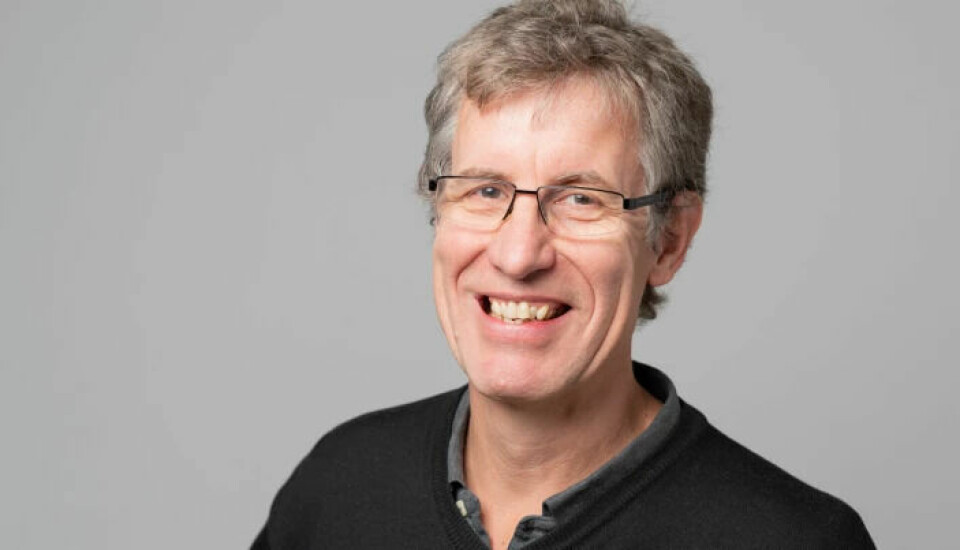
Do older people get more distracted by the technology in new cars?
In 2022, every third person killed in traffic accidents in Norway was aged 65 or older. Researcher believes this could be the start of a trend that will increase in the coming years.
With an ageing population, this is a development that worries director of the Norwegian Roads Directorate Ingrid Dahl Hovland, according to a press release from the Norwegian Public Road Administration (link in Norwegian).
Torkel Bjørnskau agrees. He is a senior researcher at the Institute of Transport Economics and is following the development.
But he believes that there are several explanations for this trend.
Many more elderly people in traffic
The proportion of elderly people over the age of 65 is increasing greatly in the population. That is an important explanation, Bjørnskau believes.
“When there are more of them, there will also be more who appear in the accident statistics,” he says.
This age group is also more active now than before, which is noticeable in the number of kilometres driven among older drivers.
“We can count on this to increase further in the coming years,” he says.

The positive trend has plateaued
There has always been a clear tendency for young people and the elderly to have an increased risk of accidents in relation to kilometres driven.
But these curves have flattened more and more over time.
Older people have also had a reduced risk in traffic, if you look at it over a longer time frame, Bjørnskau explains.
“But over the past ten years, this tendency has not been as positive for older drivers,” he says.
Some types of accidents more common than others
According to the researcher, there are certain types of accidents that are more common.
“The elderly tend to react a little too late. We see this when it comes to turning onto main roads. Some take a little too long from when they see that the road is clear and ready, to when they actually get onto the road. Then it might be too late,” he says.
Sometimes older drivers also overlook other road users.
“It has something to do with impaired vision. And there can be other types of impairments,” Bjørnskau says.
Are they distracted by screens?
According to Bjørnskau, there is also reason to believe that new cars with a lot of technology and large screens may be a greater disadvantage for the elderly. They may spend more time shifting their attention from the screen to the road.
“However, they may be better than younger drivers at not using screens so much when they are in their car. So to what extent this is a problem, we don't know. We have not studied this,” he says.
Advanced systems to help the driver can be beneficial, but many will probably just become more confused by it, Bjørnskau believes.
“Having said that, this age group – like the rest of us – has benefited a lot from the fact that modern cars have become much safer. If you are in a car crash now, and you’re wearing a seatbelt, chances are you will recover well,” he says.
Few are denied a medical certificate
There are certain health requirements to be allowed to drive a car in Norway. Those over the age of 80 must apply for a medical certificate to keep their driving license.
A report from the Institute of Transport Economics in 2022 (link in Norwegian) showed that relatively few who apply for a medical certificate are refused this.
The most common reason why they do not get a medical certificate is cognitive impairment. Other causes are visual impairments, the use of drugs, and neurological diseases.
A weak point of this scheme is that the health checks can be a strain on the relationship between doctor and patient, the report states.
Nevertheless, GPs believe that the medical certificate scheme helps to identify those who pose a danger in traffic.
———
Translated by Alette Bjordal Gjellesvik.
Read the Norwegian version of this article on forskning.no




































